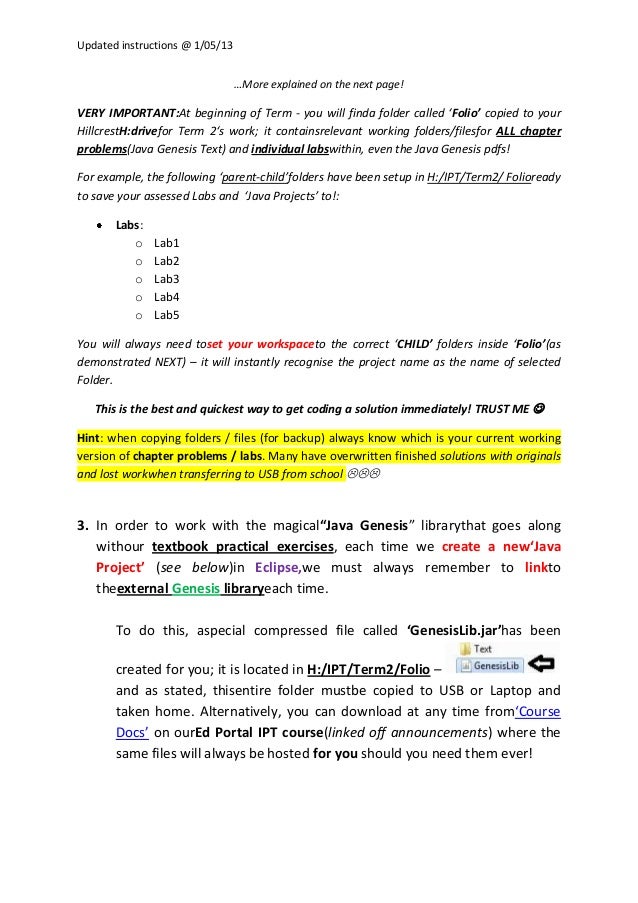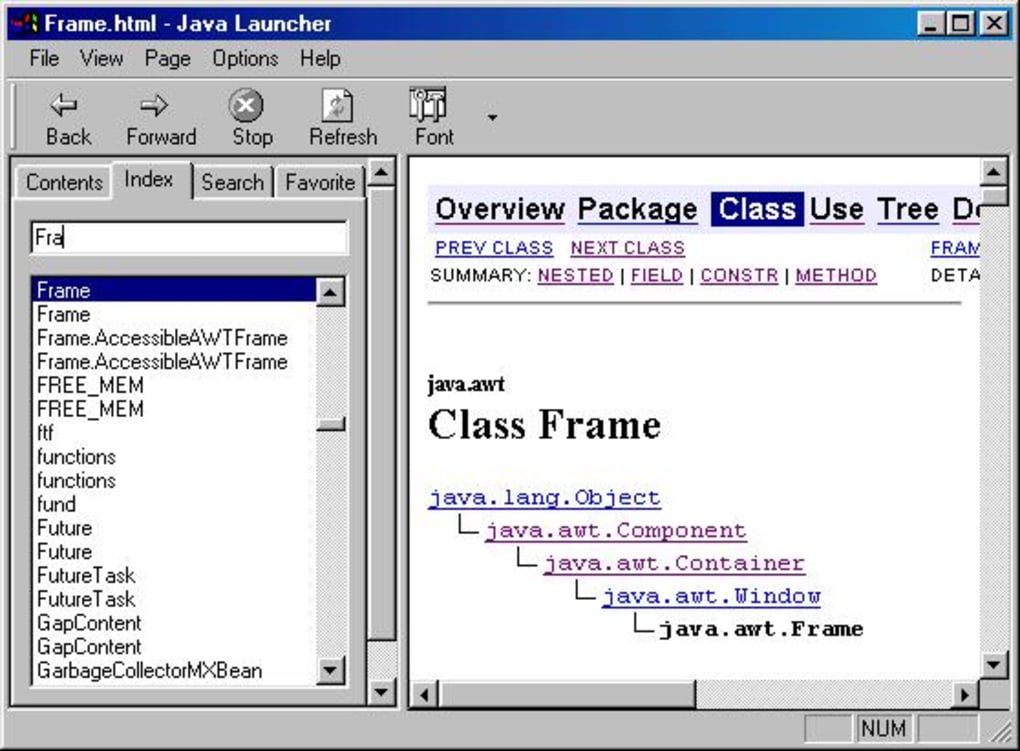

libraries) that might be referenced by the jar you are trying to decompile. Next, make sure you have jars containing defintions for any external classes (i.e. The Krakatau assembler and disassembler support both Python 2.7 and Python 3.5+, but the decompiler only supports Python 2.7. Decompilationįirst off, make sure you have Python 2.7 installed. This can be useful if you are using Krakatau as part of an automated build system.

The -q option surpresses all console output other than warnings and errors. Otherwise, it will be treated as a directory name and the output will be placed in individual files under that directory. zip, the output will be placed in a single zipfile at that location. The -out option controls the output location. In the case of the jar and directory modes, all files with the extention. To assemble a directory recursively, pass the -r option. You can either assemble an individual source file, a directory of source files, or an entire jar file containing assembly files. Python Krakatau/assemble.py -out alltests.jar -r Krakatau/tests/decompiler/source/ Python Krakatau/assemble.py -out temp Krakatau/tests/assembler/good/strictfp.j
Java jar file exercise code#
It is recommended to use roundtrip mode when working with code that relies on non-standard attributes, such as CLDC code or Scala code. Roundtrip mode produces output that will reassemble into classfiles that are bit for bit identical to the original, but this means that the assembly files preserve low level encoding information that makes them harder to read, such as the exact order of constant pool entries.

When the output is reassembled, it will result in classfiles that are equivalent in behavior to the original from the perspective of the JVM specification, but not necessarily bit for bit identical (for example, the constant pool entries may be reordered). The default mode is optimized for readability and ease of modification of the resulting assembly files. The disassembler has two modes: default and roundtrip. Krakatau is pure python, so assuming you have Python already installed, all you need to do is checkout this repository. However, the Krakatau decompiler does not support some Java 8+ features such as lambdas, so it works best on older code. Unlike other decompilers, the Krakatau decompiler was specifically designed for working with obfuscated code and can easily handle tricks that break other decompilers.

Krakatau also provides a decompiler for converting Java binaries to readable source code.
Java jar file exercise full#
Krakatau's assembler syntax is mostly a superset of Jasmin syntax with some minor incompatibilities, but unlike Jasmin, Krakatau has full support for all Java 14 features and even supports some undocumented features found in old versions of the JVM. Unlike javap, the Krakatau disassembler can handle even highly obfuscated code, and the disassembled output can be reassembled into a classfile. You can also create your own classfiles from scratch by writing bytecode manually, and can examine and compare low level details of Java binaries. Krakatau provides an assembler and disassembler for Java bytecode, which allows you to convert binary classfiles to a human readable text format, make changes, and convert it back to a classfile, even for obfuscated code.


 0 kommentar(er)
0 kommentar(er)
